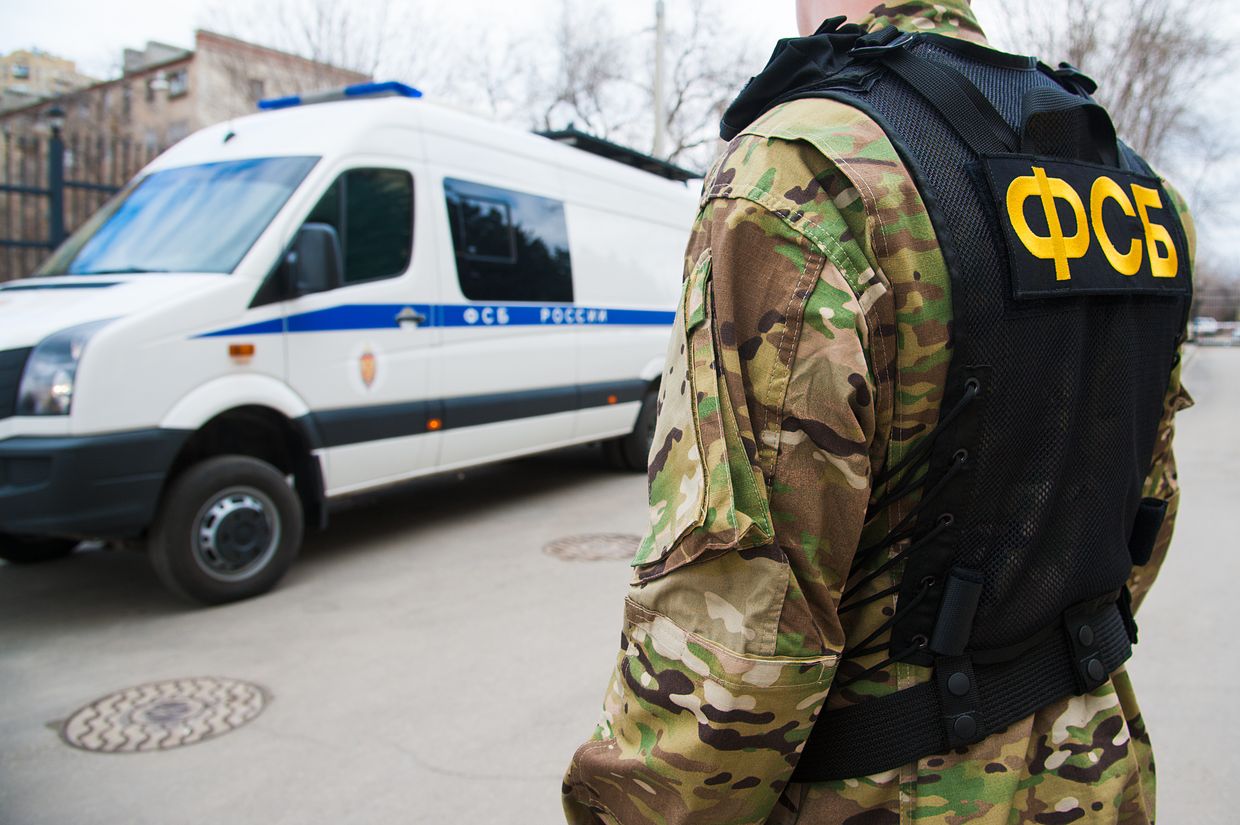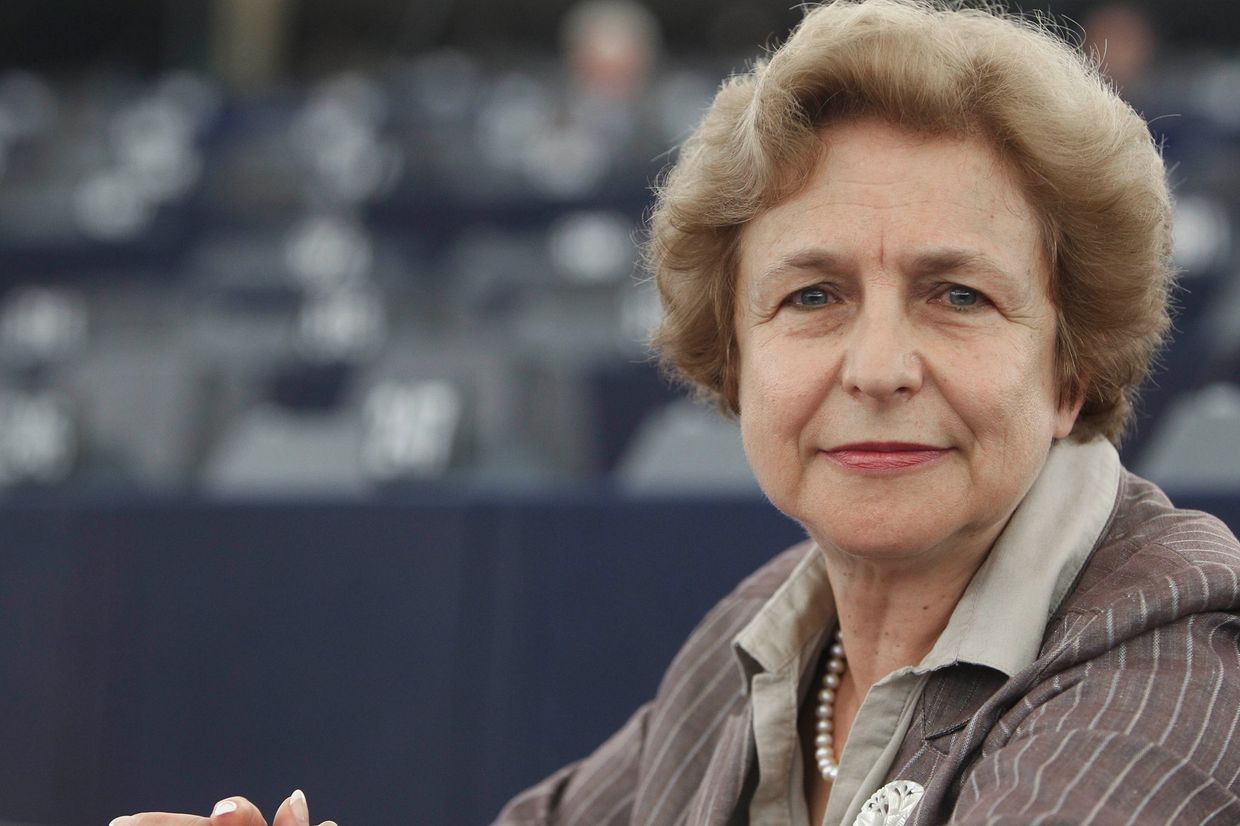Latvia's State Security Service (VDD) began investigating Tatjana Zdanoka, a Latvian member of the European Parliament accused of spying for Russia, the Latvian news outlet Delfi reported on March 16.
A collaborative media investigation published by The Insider in January alleged that Zdanoka, who represented Latvia in the European Parliament from 2004-2018 and again from 2019 until the present, has been a Russian asset since at least 2015.
The Latvian security service said at the end of January that it would evaluate the claims made in the media. The criminal case was opened on Feb. 22, Delfi wrote, adding that the VDD provided no further details.
The media investigation cited leaked emails and other communication between Zdanoka and her supposed handlers in Russian intelligence to support its allegations.
Zdanoka did not deny that most of the leaked documents were authentic but instead insisted that they were either "innocuous" or that the MEP was unaware that the individuals she communicated with were Russian intelligence operatives.
The day after The Insider published its investigation into Zdanoka, the European Parliament announced it was looking into the matter.
Zdanoka's public activity, both concerning her official work as a lawmaker and statements in her private life, display a long-standing pattern of supporting Russia and promoting Russian propaganda.
While a sitting member of the European Parliament, Zdanoka participated as an international observer in a sham referendum on Crimea's annexation by Russia in 2014. She also was one of a small group of lawmakers who voted against the European Parliament's condemnation of Russia's full-scale invasion of Ukraine in March 2022.














